Babies only need a very small amount of salt in their diet. This guide on salt for babies explains how much they need, why salt should be limited and how to avoid excess intake.
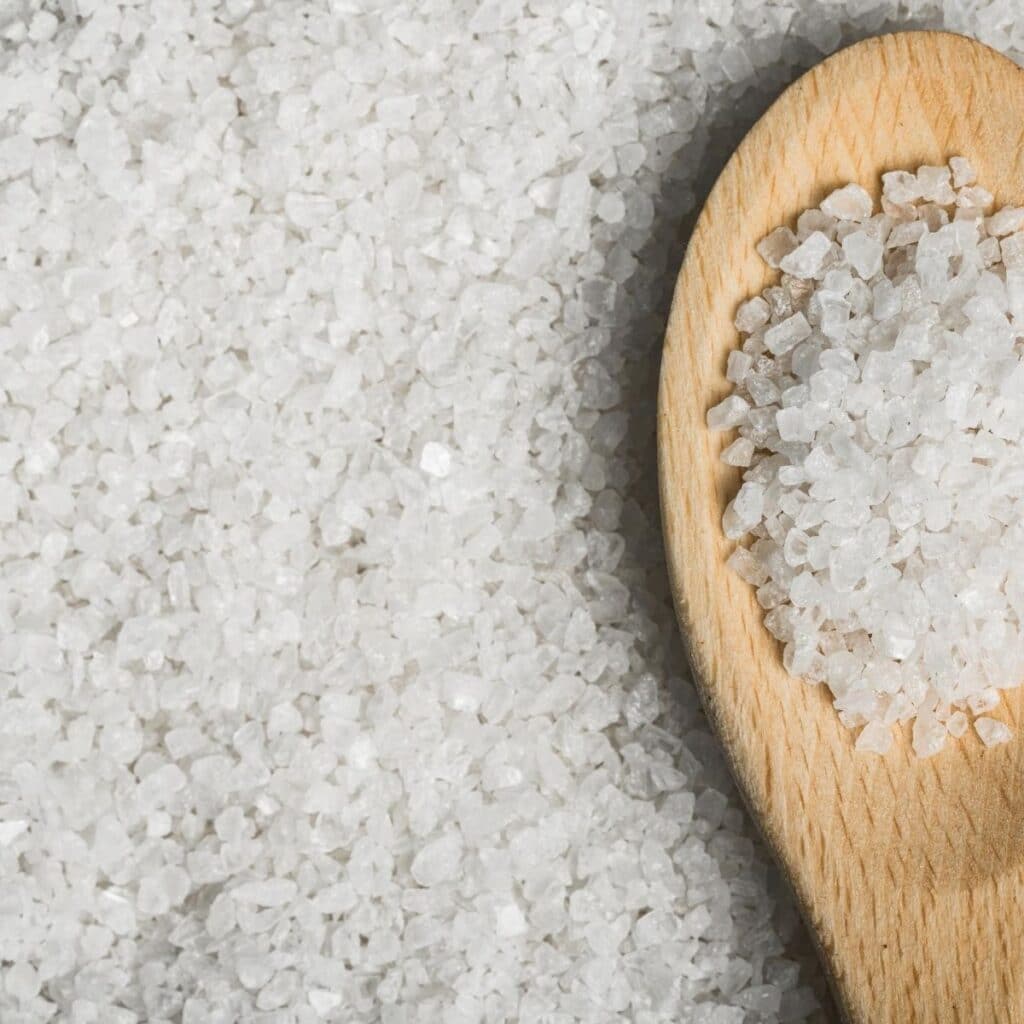
Salt - How Much Do Babies Need?
Babies only need a tiny amount of salt in their diet.
The maximum recommended intake of salt for babies (up to 12 months) is less than 1g of salt a day, that is around a pinch, so really not a large amount.
This upper limit increases with age, in Australia and New Zealand the limits are,
- 1 to 3 years - 2.5g of salt a day
- 4 to 8 years - 3.5g of salt a day
- 9 to 13 years - 5g of salt a day
- 14 years and over - 5.75g of salt a day (1)
Values differ slightly depending on country. For example in the UK the limits are
- 1 to 3 years – 2g of salt a day
- 4 to 6 years – 3g of salt a day
- 7 to 10 years – 5g of salt a day
- 11 years and over – 6g of salt a day (2)
Nutritional Labelling - Salt or Sodium.
Sodium is a component of salt (sodium chloride) and therefore salt and sodium figures re different.
Often food labels only state the sodium content.
To convert sodium to salt, multiply the sodium figure in milligrams (mg) by 2.5 and then divide by 1000 to find out how many grams of salt there is.
For example the salt content of 400mg of sodium is:
- 400mg x 2.5 = 1000mg of salt
- 1000mg/1000 = 1g of salt
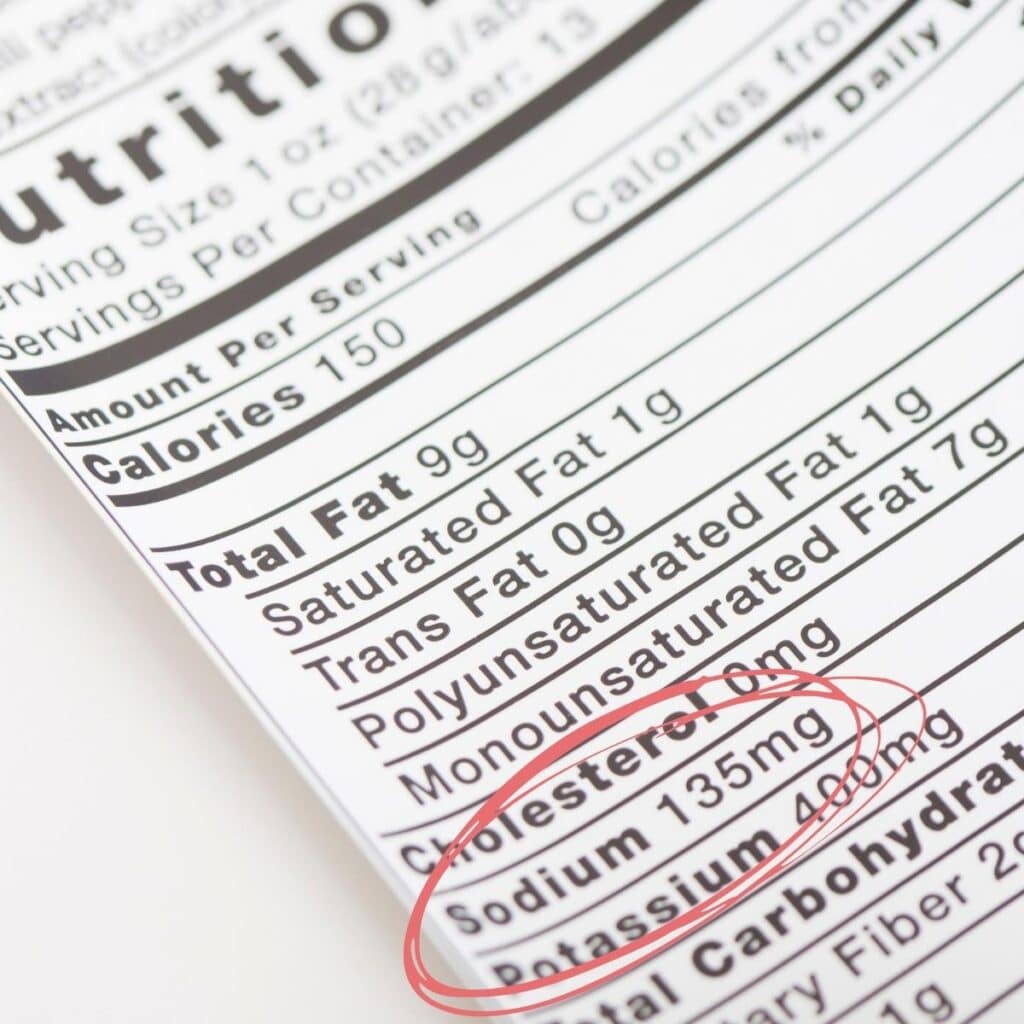
Why is Too Much Salt Bad for Babies?
Adding too much salt to a baby’s diet can be harmful to their immature kidneys, which are not developed enough and likely can’t cope with large amounts of sodium.
In addition to being harmful, adding salt to baby food is unnecessary. It really is a case of you can't miss what you have never tried. Taste for salt is acquired and salting baby food may lead to a preference for salty foods throughout life.
Salt in Food
You don't have to add salt to food to be eating too much. Sodium is found naturally in foods and is also added to food during processing and preparation (for preservation and flavour).
There are foods that are known to be high in sodium, such as, processed/smoked meats, cheese, olives, pickles, stocks, sauces, crackers, chips etc and these are foods that you definetly want to avoid / limit.
However, a lot of salt is consumed through foods that we don't consider salty. These include everyday foods such as bread and breakfast cereals (not made for babies).
Tips on Avoiding Salt
As salt is found in so many food products it can be very hard to limit. Here are some top tips to keep salt intake down when offering foods to babies...
- AVOID ADDING SALT - Completely avoid adding salt to baby/ young children's food during cooking and at the table.
- ADD FLAVOUR IN DIFFERENT WAYS - Adding spices and herbs to baby food is a great way to add flavour to your little one's food as well as introducing them to a range of flavours. How you prepare the food can also change the flavour. For example, dry-heat cooking, either by roasting or frying, helps release the natural sugars in vegetables which brings a greater depth of flavour.
- UNDERSTAND FOOD LABELS - Use the nutritional information to choose lower sodium options among similar foods. Check ingredient lists to help identify if sodium or salt is added.
- WATCH OUT FOR HIDDEN SALT - Remember, a lot of food may be relatively high in salt even if it doesn’t taste salty. (e.g bread, cereals)
- SERVE LOTS OF FRUIT AND VEGGIES - If buying canned or frozen varieties, be sure to choose the no-salt-added versions.
- COOK YOUR OWN - Watch out for ingredients in recipes that may be high in salt. Making homemade stocks and sauces allows you to have better control in the amount of salt added to the food you cook.
- EATING OUT - Take your own baby food or ask if salt could be avoided /if there are any lower salt dishes on the menu.
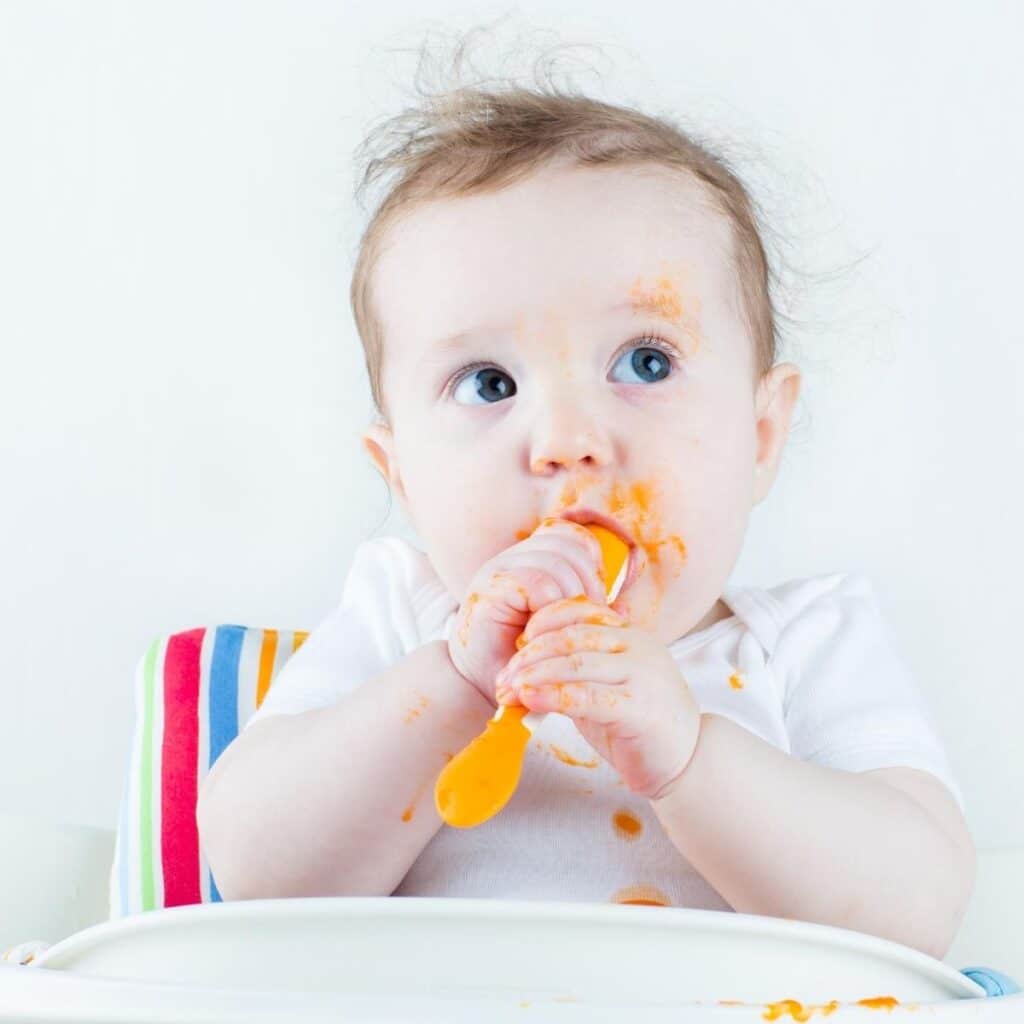
In a Nutshell...
Babies need a very little salt and it can be harmful to babies if they consume too much.
When starting babies on solids try making your own baby food and avoid seasoning with salt. Be label savvy and aware that most foods contain sodium.
It's all about balance. It is ok to consume a little more on some days and less on others. Just try to do what you can to keep overall intakes low.
Other Articles You May Also Like...
Sources
- Australian Government National Health and Medical Research Council (2017), Nutrient Reference Values for Australia and New Zealand, Viewed 31 August 2020 <https://www.nrv.gov.au/nutrients/sodium>
- Public Health England, (2016), Government recommendations for energy and nutrients for males and females aged 1 –18 years and 19+ years, Viewed 31 August 2020, <https://assets.publishing.service.gov.uk/government/uploads/system/uploads/attachment_data/file/618167/government_dietary_recommendations.pdf>
Disclaimer: This information is intended for general use only. It is not medical advice and is not intended to replace the personalised care and advice given to you by your health professional. I am not a health professional and I do not know your child. You should always discuss any concerns or questions about the health and well being of your child with a healthcare professional. Please refer to my full disclaimer for more info.

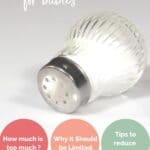
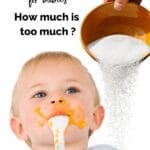
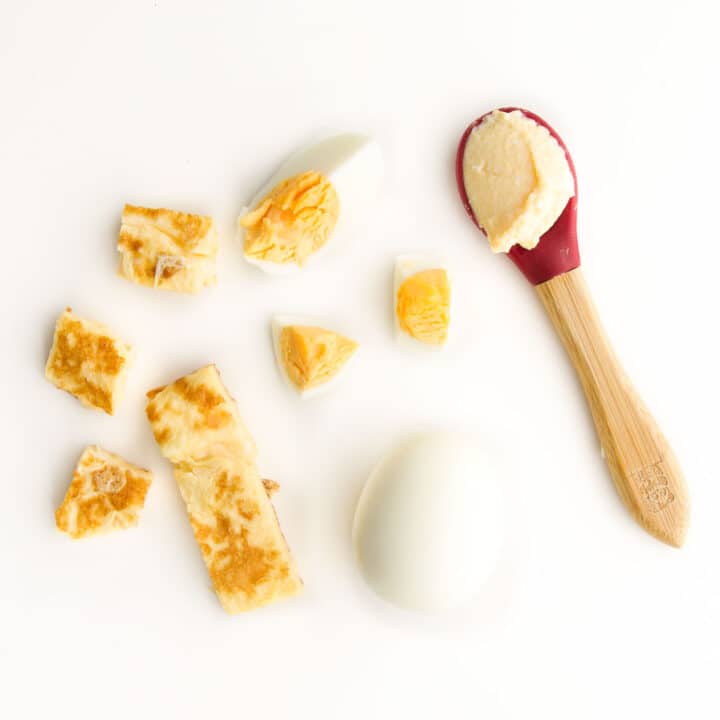
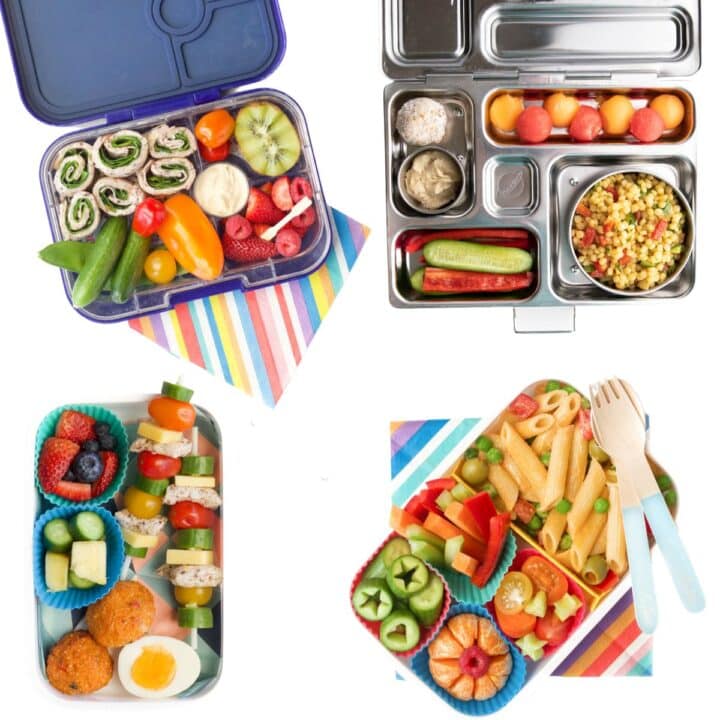
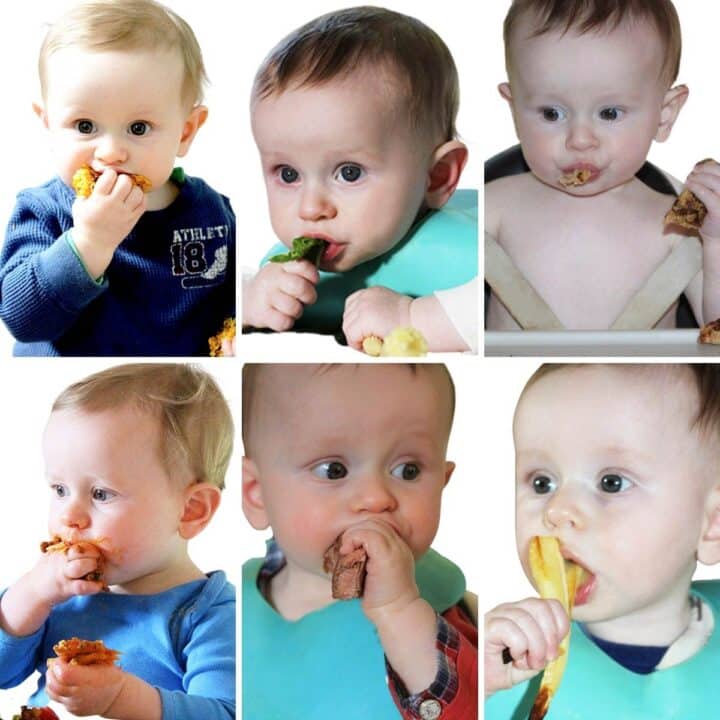
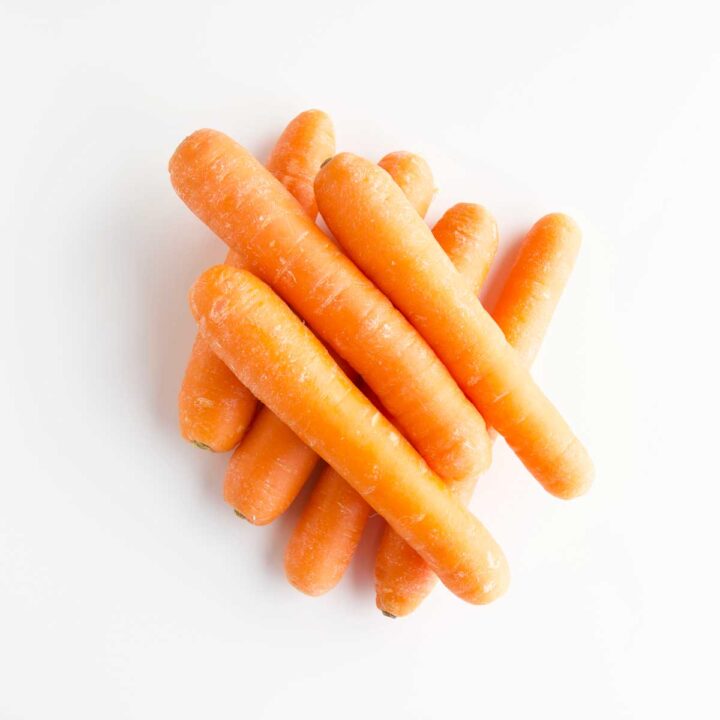
Leave a Reply